Nauru - the country that ate itself

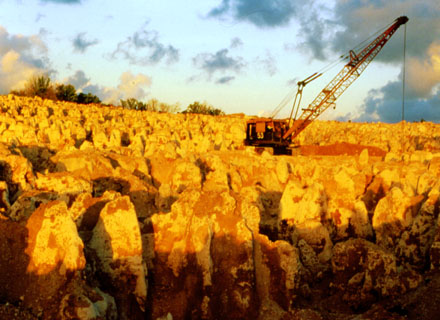 Once upon a time the nation of Nauru was one of the richest in the world. At the end of the XIX century, large deposits of phosphates were discovered here, and the economy of this small Micronesian island rose to a new level. After acquiring their independence in 1968, the government started giving part of the phosphate mining revenue to the local population. The inhabitants of the land became the richest in the region, and many families could easily afford investing into a home abroad, sending their children to prestigious schools or importing several expensive cars from other countries.
Once upon a time the nation of Nauru was one of the richest in the world. At the end of the XIX century, large deposits of phosphates were discovered here, and the economy of this small Micronesian island rose to a new level. After acquiring their independence in 1968, the government started giving part of the phosphate mining revenue to the local population. The inhabitants of the land became the richest in the region, and many families could easily afford investing into a home abroad, sending their children to prestigious schools or importing several expensive cars from other countries.
The history of how the island formed is rather interesting – in the beginning, coral reefs rose from the sea due to their rapid growth and tectonic activity in the area. When the corals emerged from the water, they formed an impenetrable circular wall surrounding a pool in the middle. Isolated from all the external predators, the fauna around the basin kept flourishing, while all the waste products of the thriving life kept piling up untill the water reservoir of the island dried up completely.
In addition to all kinds of underwater inhabitants, this island was populated by a huge number of birds, who love all kinds of pits, holes and other things found in the coral maze. Adding the bird poop and other waste products to the life products of the rest of the creatures inhabiting the island, this generated roughly 40 million tons of guano over time. So much so, that one could actually argue that the island is practically made out of poop.
The locals living on the island would not have cared if you had called Nauru a poop island – it was the poop which made them wealthy after all - the phosphates contained in the guano are the best fertilizer, which constituted the main source of income of Nauru. Every year, 13,000 inhabitants of the island received nearly 300 million dollars in revenue from the thriving industry of phosphate mining – the highest per capita income in the world.
With time, the excavating machines were digging deeper and deeper into the layers of guano and exposed the coral skeleton of the island more and more. By the early 2000s, all the phosphates were gone and the economy declined drastically. Nauru literally ate itself. The devastation of the land took its toll on the tourism revenues as well. To somehow rehabilitate the economy, the government made Nauru a tax haven and a money laundering center, selling passports and diplomatic relations. For example, in 2008, in exchange for a 50 million dollar "humanitarian aid" from Russia, Nauru recognized the independence of Abkhazia and South Ossetia.
In 2001, Australia helped Nauru as well, by redirecting the illegal immigrants from Africa, Asia and the Middle East to Nauru. People, who were threatened by death or prison in their home countries because of their political opinions, religious or ethnic origin, sexual orientation, threatened with death or prison, tried to get to Christmas Island and ask for a refugee status in Australia, were sent to the detention centers in Nauru and Manus island in Papua New Guinea, where their status was to be determined. The governments of Nauru and Manus got large subsidies from Australia to support the project.
In 2007, Australia decided to stop the project, and Nauru remains a barren land devastated by the decades of mining, with a population of 10 thousand people and a 150 meter strip of remaining fertile grounds. The only freshwater supply comes from a single desalination plant. 90% of the local population is unemployed. Many refugees were moved from the detention centers to dormitories in the refugee camp area, however they are not allowed to leave the island. They remain trapped in Nauru, completely uncertain of their future and hoping that maybe one day they will be granted entry to Australia or move somewhere else.



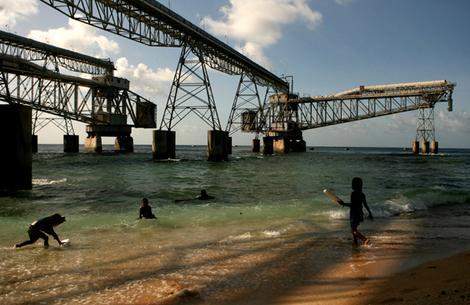
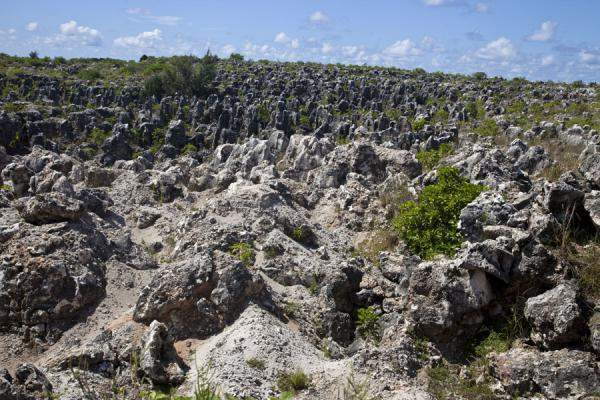
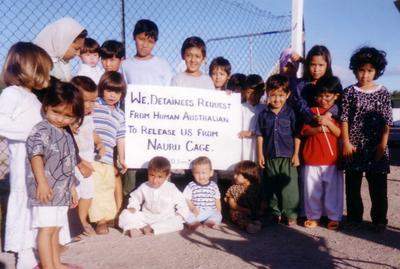

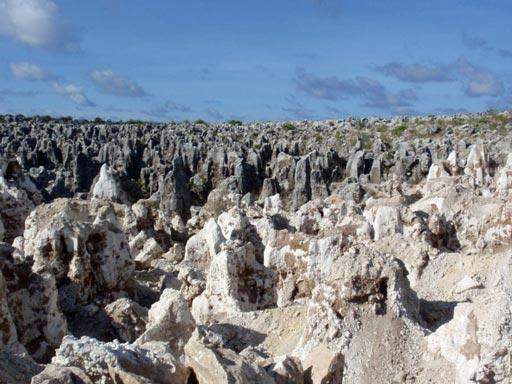

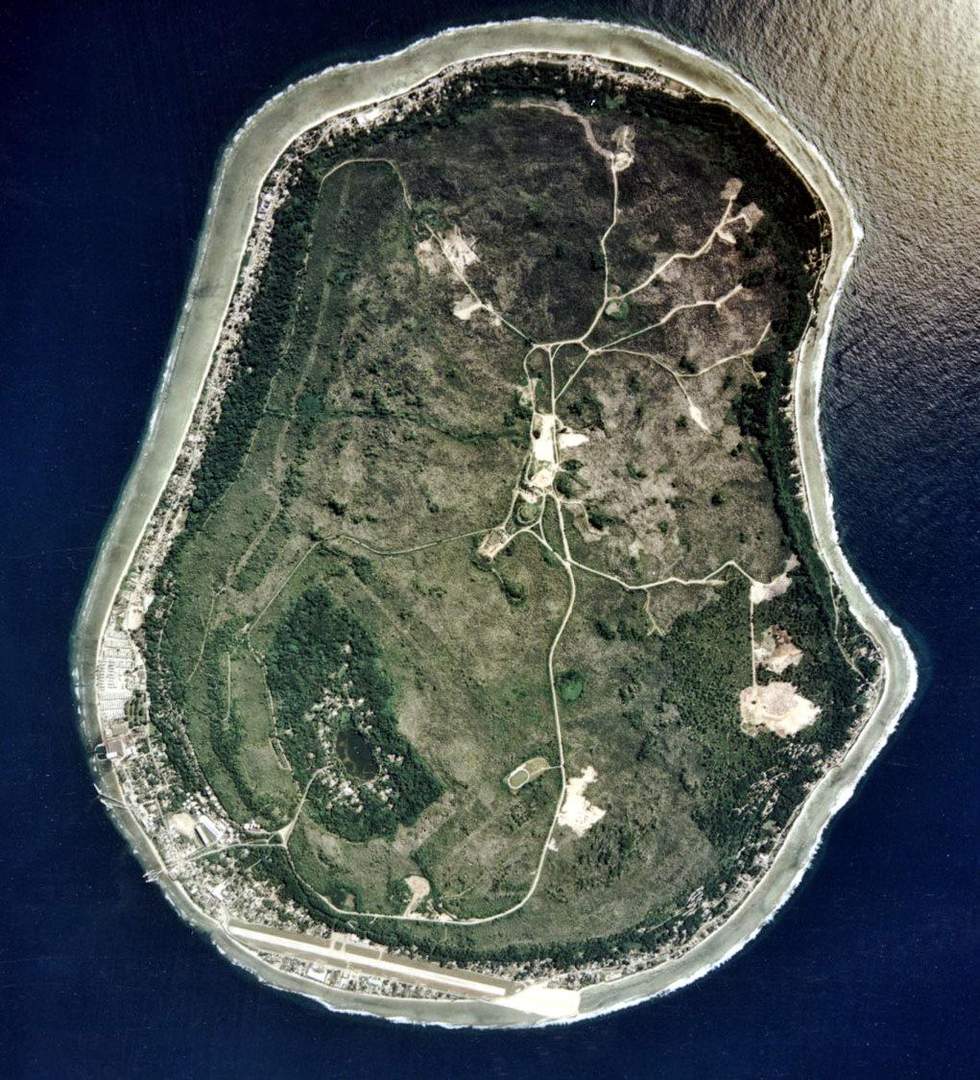
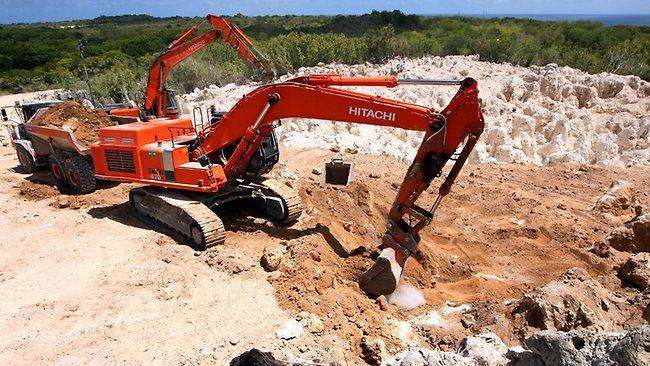
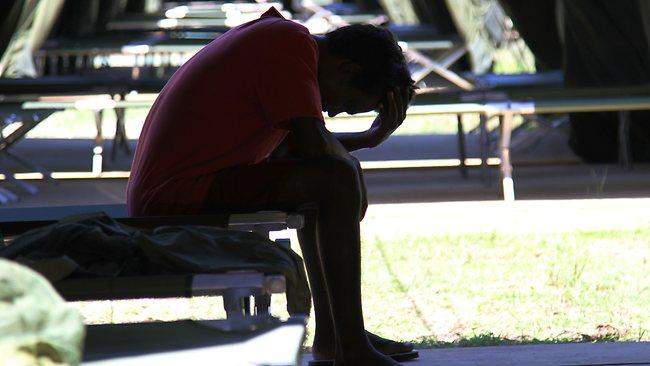
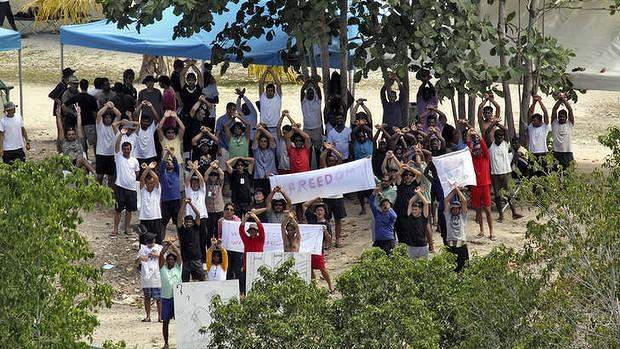
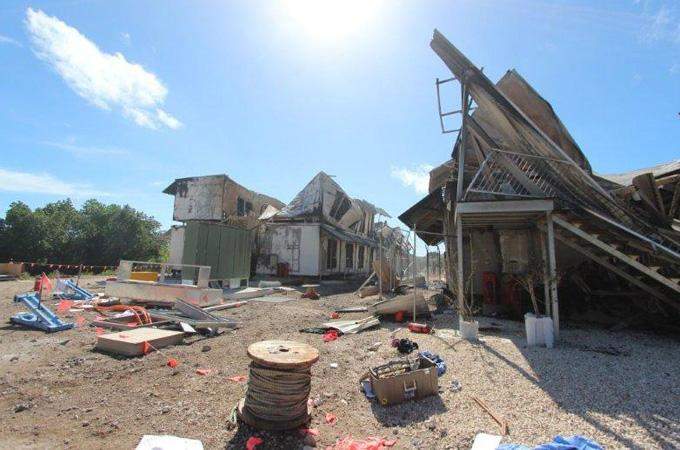
Leave a comment
0 Comments